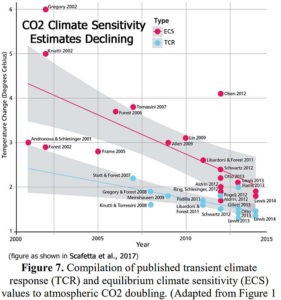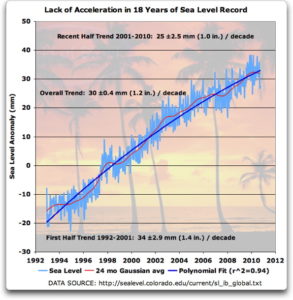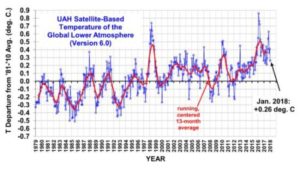by A. Watts, February 20, 2018 in WUWT
From the EUROPEAN COMMISSION JOINT RESEARCH CENTRE and the “Dr. Roger Pielke Sr. was right” department. I suspect a whole bunch of climate models that don’t take this into consideration, and think CO2 is the dominant climate driver, are going to need to be revised.
Land use change has warmed the Earth’s surface
Natural ecosystems play a crucial role in helping combat climate change, air pollution and soil erosion. A new study by a team of researchers from the Joint Research Centre, the European Commission’s science and knowledge service, sheds light on another, less well-known aspect of how these ecosystems, and forests in particular, can protect our planet against global warming.





